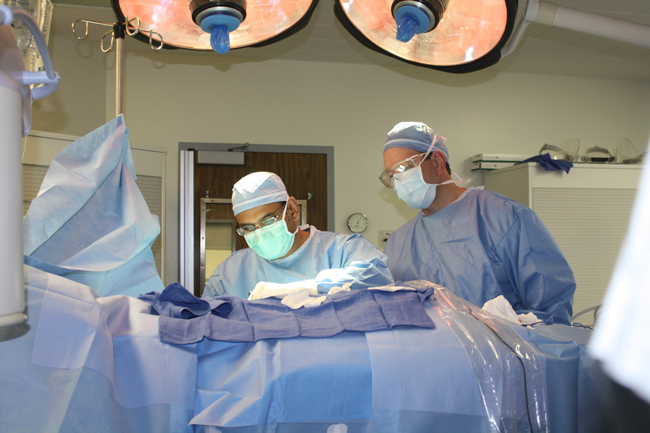Breaking the Silence on Fibroids
Breaking the Silence on Fibroids: Dr. Lipman Explains UFE Solutions

Uterine fibroids remain an avoided topic among many women. Some may not speak on it because they have not been personally affected, while others may feel uncertain about initiating the conversation. Regardless of the reason, the subject is too often left unaddressed. A woman should not have to be introduced to a conversation about fibroids while facing another medical challenge—that was my introduction. Imagine being told your heavy menstrual cycles and cramps were not normal, even though they had been your “normal” since the start of womanhood. Imagine learning that your only treatment option was a cesarean cut and myomectomy, based solely on the fibroids’ size and placement.
Why We Need to Talk About Fibroids
It’s time to acknowledge that uterine fibroids deserve more discussion. An estimated 70% to 80% of women will have or be affected by uterine fibroids by age 50. According to the National Institutes of Health, many women will have fibroids without symptoms, while 20% to 25% of women in their reproductive years will experience complications from them. Black women are disproportionately affected—experiencing higher rates, more severe symptoms, and a greater likelihood of seeking treatment compared with women of other ethnicities. Yet, conversations often focus on surgical removal, while non-surgical options remain overlooked. Why is that?
My Introduction to a Non-Surgical Option
I had the opportunity to raise awareness about uterine fibroids with Dr. John Lipman of the Atlanta Fibroid Center, the very doctor who introduced me to a non-surgical treatment called uterine fibroid embolization (UFE) and performed my procedure.
This conversation is a reminder for women to:
-Initiate these discussions with their gynecologists.
-Advocate for themselves.
-Always seek second and third opinions.
As Dr. Lipman explains, you can’t know what to ask if you’re unaware of your options. In our discussion, he details why UFE is often more effective than certain surgeries, why Black women are disproportionately affected, and how to have these conversations before surgery becomes the only option.
If you are living with the discomfort of fibroids, I encourage you to watch the interview, learn your options, and take control of your health.
What Are Uterine Fibroids?
Uterine fibroids are noncancerous growths made of muscle and connective tissue from the uterine walls. They can range from the size of a grain of rice to as large as a grapefruit—or even bigger.
A Brief History of Fibroid Treatment?
Historically, hysterectomy—the removal of the uterus—was the primary solution for fibroids. This long-standing practice continues to shape treatment recommendations. Many gynecologists are most experienced with surgical methods, which can lead to surgery being presented as the first or only option.
Common Symptoms of Uterine Fibroids?
While some women with fibroids experience no symptoms, others may have:
– Heavy menstrual bleeding or painful periods
– Longer or more frequent periods
– Pelvic pressure or pain
– Frequent urination or difficulty urinating
– Enlarged abdomen or bloating
– Constipation
– Pain in the lower back or abdomen
– Pain during sex
Causes and Risk Factors
The exact cause of fibroids is unknown, but several factors may contribute, including:
– Genetics
– Hormonal changes
– Vitamin D deficiency
– Poor diet
– Obesity
– Alcohol consumption
– Early onset of menstruation (menarche)
Can You Prevent Fibroids?
While prevention is not always possible, lifestyle and dietary choices can help reduce the risk. Maintaining a healthy weight, managing stress, limiting alcohol, exercising regularly, and eating a diet rich in fruits and vegetables can all support reproductive health.
What is Uterine Fibroid Embolization (UFE)?
UFE is a minimally invasive procedure that blocks blood flow to the fibroids, causing them to shrink and relieving symptoms.
About Dr. John Lipman
Dr. John Lipman is a board-certified interventional radiologist globally recognized for his expertise in fibroid treatment, particularly UFE. With more than 10,000 successful procedures, he spent 14 years practicing in a large private radiology group before founding the Atlanta Fibroid Center in 2005.
While best known for non-surgical fibroid treatments, Dr. Lipman also treats other women’s health conditions, including fallopian tubal infertility.
He is now expanding his practice to Richmond, Virginia. For more information on his work, UFE, or his Richmond expansion, follow him on social media @dr_lipman or visit the Atlanta Fibroid Center








